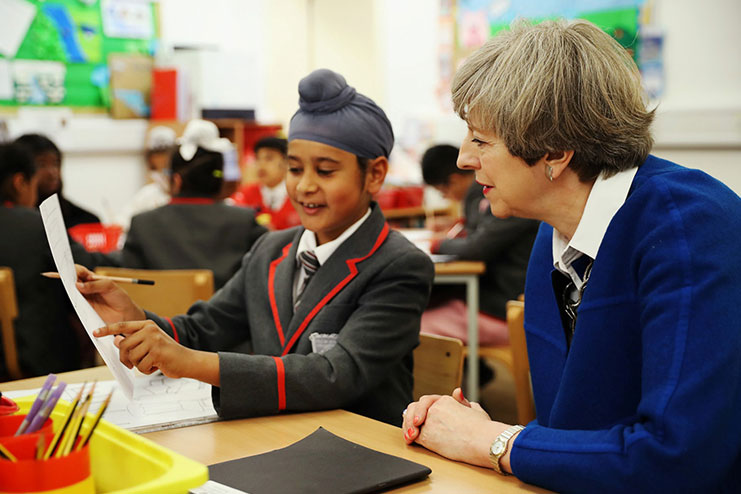Indian origin kids across England schools are way ahead of their white counterparts, says a new report on education standards in the country released Tuesday.
Across different levels of schooling, Chinese and Indian origin pupils found outperforming British peers, according to the flagship Annual report 2019 of Education Policy Institute (EPI) think tank.
The researchers compared the performance of British pupils to those from pupils belonging to other ethnic groups.
“By the end of the primary school, Chinese pupils are around 12 months ahead of White British pupils, closely followed by Indian pupils who are around seven months ahead,” the EPI report notes.
“By the end of secondary school (using our headline measure of the gap in GCSE English and maths), we see those gaps widen. Chinese and Indian pupils still attain significantly higher than their White British peers and are ahead by 24.8 and 14.2 months respectively,” it adds.

Besides, EPI also found that black Caribbean students lag 2.2 months behind white British students and that teens from miserable backgrounds lagged behind economically better off pupils.
General Certificate of Secondary Education (GCSE), is the board level certification that applies across schools in England.
“Top attainers in England perform at a similar standard as high achievers in some of the most successful developed nations in the world. But it is the long tail of low attainment, highly correlated with family income and background, which is arguably where performance in England most needs to be improved,” the report points out.
Over the years, the closure of disadvantage gaps in education in the country is the most “worrying development” that seems to have been slowing down markedly, according to the report.
“Over recent years, there has been a dramatic slowing down in the closure of the disadvantage gap in this phase, to the extent that the five-year rolling average now suggests that it would take 560 years to close the gap,” the report warns.
The report urged the government review its resourcing and policies, especially in light of the trends in secondary and post-16 education.
“If current trends continue, we could plausibly undo some of the real progress that has been made in recent years,” it concludes.
The UK government stated that it is working on reducing the gaps in school education, which had “narrowed considerably” in recent years.
“We are investing GBP 2.4 billion this year alone through the Pupil Premium to help the most disadvantaged children,” said school standards minister Nick Gibb.
“Teachers and school leaders are helping to drive up standards right across the country, with 85 percent of children now in good or outstanding schools compared to just 66 percent in 2010, but there is more to do to continue to attract and retain talented individuals in our classrooms,” he said.














































